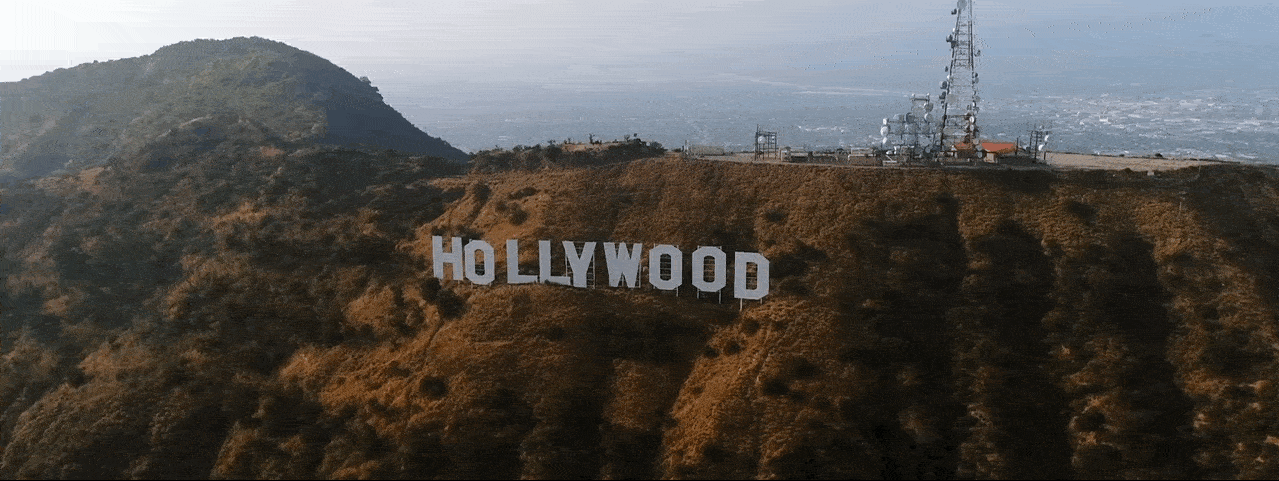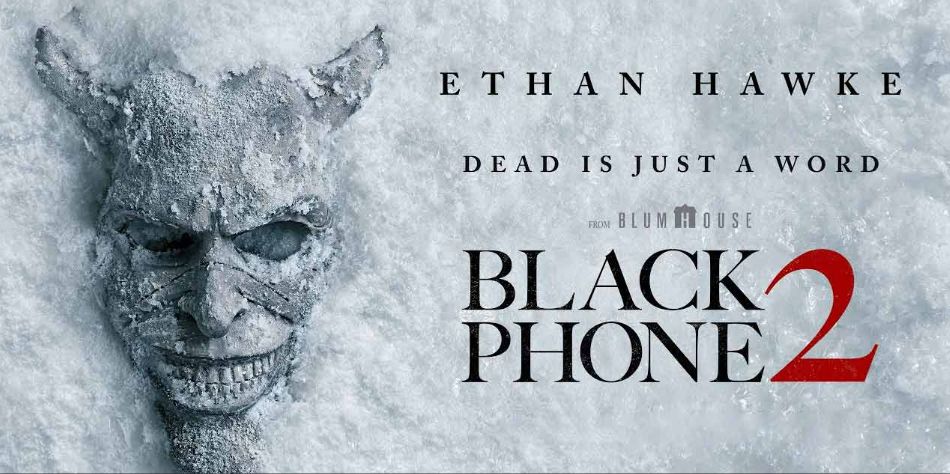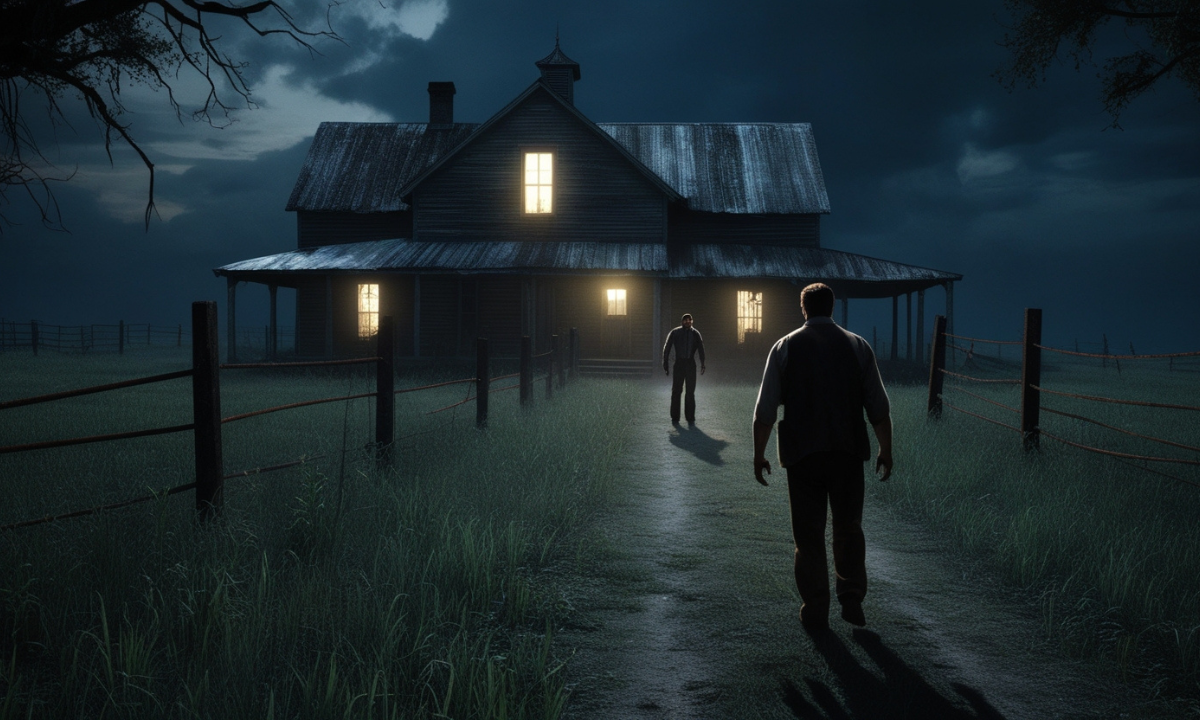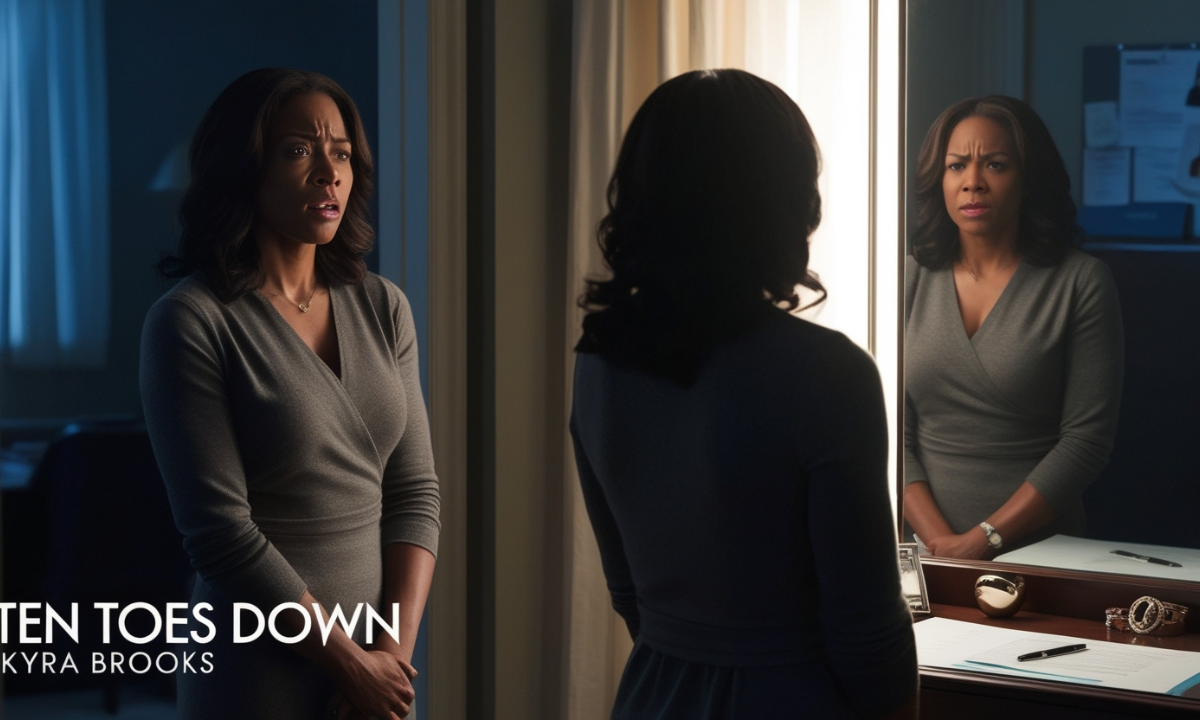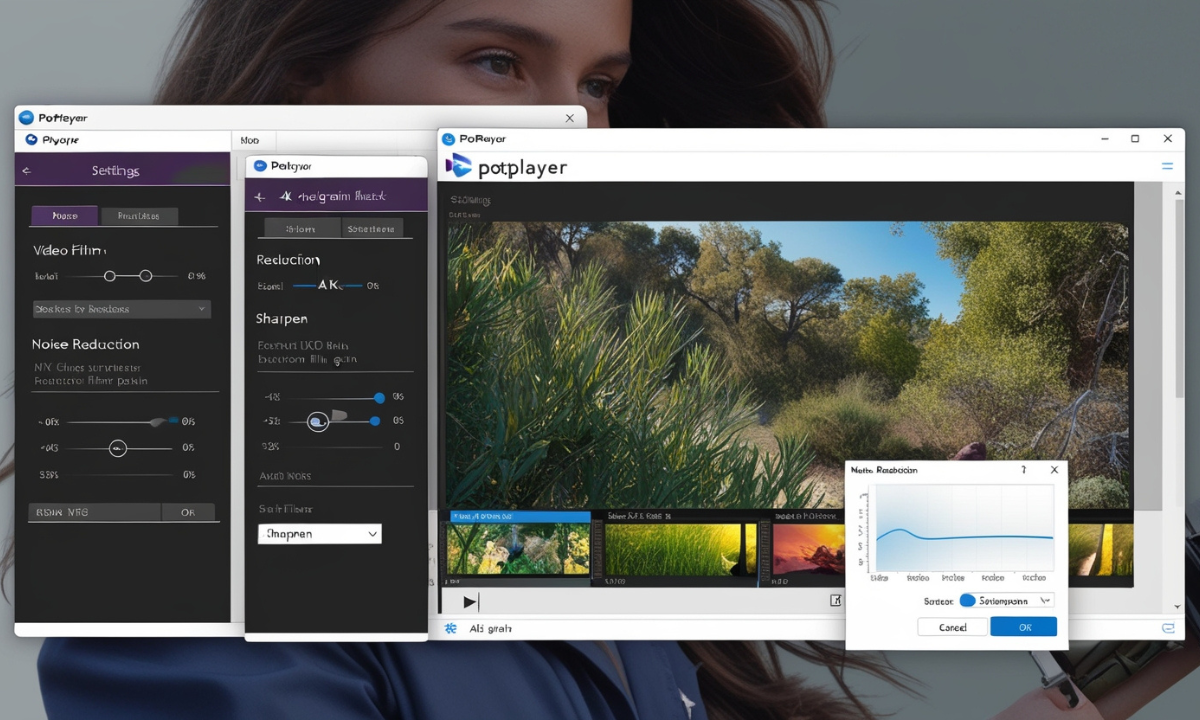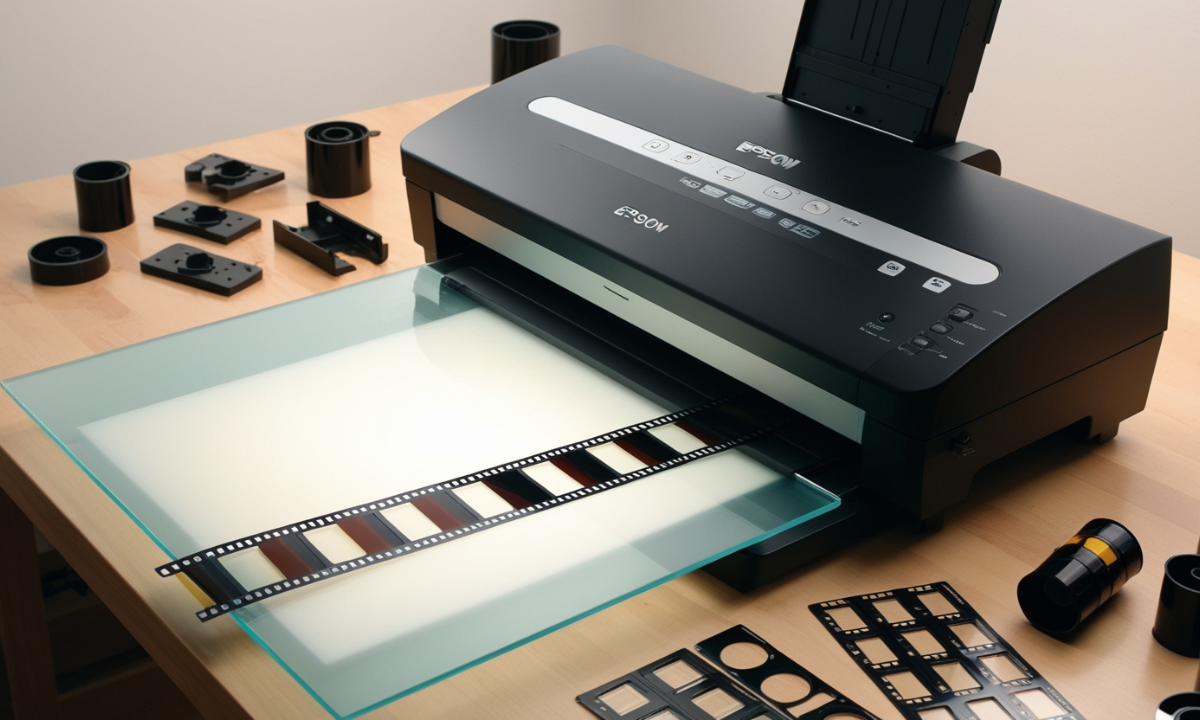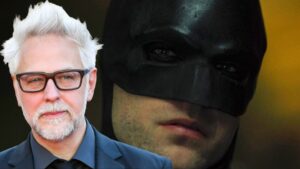Few modern horror films have captured the audience’s imagination with the chilling simplicity of The Black Phone. It was a contained, character-driven nightmare that left a lasting impression. Crafting a sequel to such a film is a perilous task, often resulting in diminishing returns. It is with great pleasure, then, to report that director Scott Derrickson’s Black Phone 2 not only avoids the pitfalls of the horror sequel but builds upon its foundation to create a richer, deeper, and arguably more terrifying experience.
This is a sequel that has clearly been taken very seriously by its creative team. It refuses to simply rehash the formula of the original, instead choosing to expand the lore and delve into the psychological aftermath of trauma. The film rejoins siblings Finney (Mason Thames) and Gwen (Madeleine McGraw) as they grapple with the events of the first film. The narrative wisely shifts its focus to Gwen and the evolution of her psychic abilities. Her disturbing dreams, now connected to their deceased mother and the dark history of a local youth camp, become the catalyst for a new investigation that threatens to pull them back into the orbit of the malevolent Grabber.
Where the sequel truly excels is in its profound character development. The bond between Finney and Gwen, a highlight of the original, is given even more room to breathe and grow. Their shared trauma has forged an unbreakable connection, and the performances from Thames and McGraw are remarkably mature and compelling. They convey a resilience that is both believable and deeply moving. McGraw, in particular, is a standout, carrying the emotional weight of the film as she navigates her terrifying and sorrowful visions.
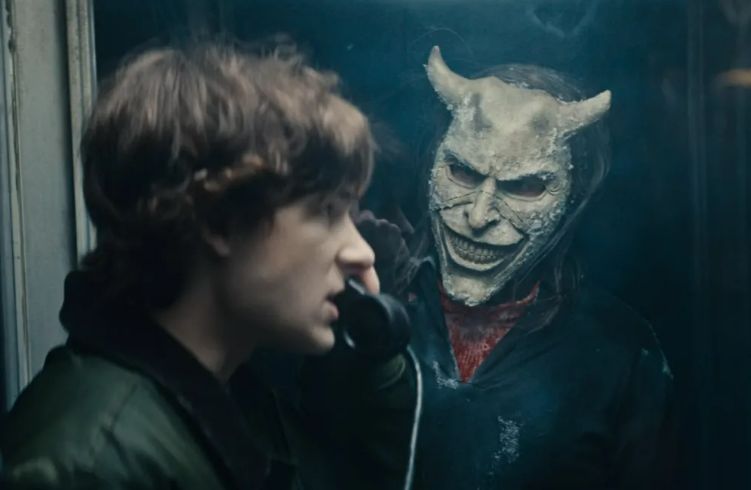
Scott Derrickson’s direction is meticulous, and the film’s cinematography is a beautifully shot exercise in atmospheric dread. Every frame feels deliberately composed to maximize impact, creating a sense of unease that lingers in every scene. There are moments where the film’s deliberate pacing and unnerving composition evoke echoes of Stanley Kubrick’s The Shining, a comparison that is the highest of compliments. This is most evident in the film’s visual language for Gwen’s dreams. Derrickson employs grainy, low-resolution footage reminiscent of Super 8 film, a brilliant creative choice that adds a haunting, retro quality and enhances the emotional storytelling.
The performances across the board are strong and consistent. Thames and McGraw are the heart of the film, but the menacing presence of Ethan Hawke’s Grabber looms over the entire narrative. Even when he is not on screen, the sound design and visual cues ensure his evil is a palpable force, a testament to Hawke’s chillingly iconic portrayal.
While the film is a largely successful exercise in psychological horror, it is not without its flaws. The primary issue lies with some uneven pacing, particularly in the third act. The climax alternates between feeling rushed in its key moments and overly drawn out in its build-up. This slight imbalance may detract from the finale’s overall impact for some viewers, but it is a minor grievance in an otherwise masterfully crafted film.
In an era saturated with formulaic horror sequels, Black Phone 2 is a refreshingly intelligent and artful entry. It is a rare sequel that feels both necessary and additive, expanding the world and deepening our connection to its characters without sacrificing the terrifying essence of what made the original so effective. It is a must-watch for horror enthusiasts this Halloween season and stands as a powerful testament to what a sequel can achieve when it is crafted with care, vision, and a genuine respect for its audience.

